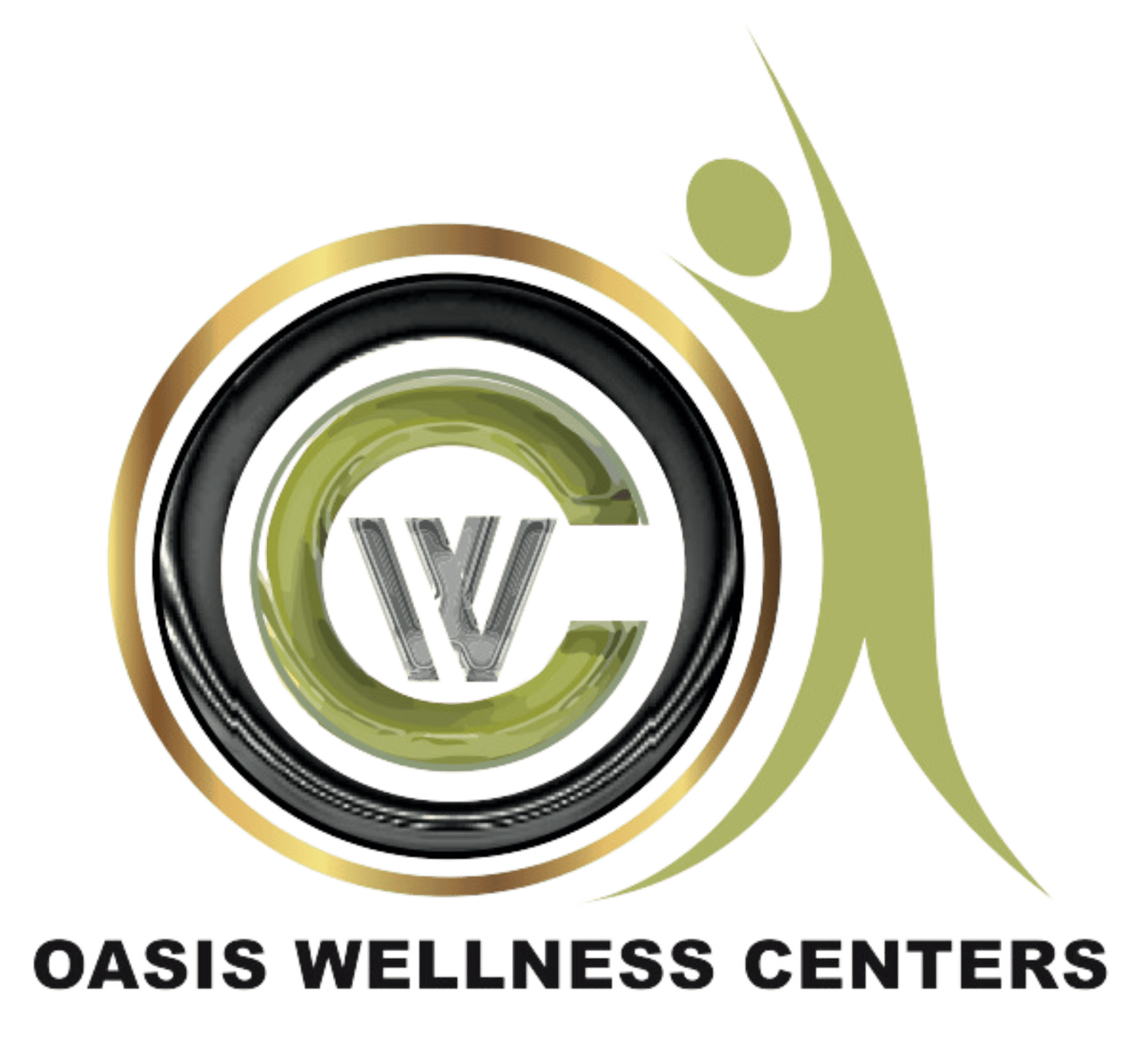Welcome back to our empowering journey in the "52 Weeks of Holistic Trauma Recovery." I’m Wellness Coach Liz Blanding, here again to share another essential element of our recovery path.
Before we dive into the exploration of aromatherapy for emotional regulation in recovery, I invite you to listen to The Get Trauma Informed Podcast to provide you with another layer of support in your recovery journey.
Now for the soothing addition to our self-care plan we incorporate aromatherapy. Aromatherapy is an ancient practice dating back thousands of years, harnessing the power of plant extracts to support physical, emotional, and spiritual well-being.
Essential oils, the heart of aromatherapy, are concentrated plant extracts obtained through distillation or cold pressing. These potent oils carry the essence, or "aroma," of the plant, which can significantly affect our brain's emotional center, the limbic system.
Let’s get started by exploring and understanding the Limbic System's Role in Emotional Regulation. The limbic system, a complex set of structures in the brain, plays a crucial role in controlling emotions, memories, and arousal.
When we inhale the aroma of essential oils, the scent molecules travel through the olfactory nerves directly to the limbic system. (according to sciencedirect.com - The olfactory nerves are special sensory nerves for the sense of smell. They originate in the receptors of the olfactory epithelium and pass through the olfactory foramina in the cribriform plate of the ethmoid bone, ending at the olfactory bulbs.) This direct pathway allows essential oils to exert a profound influence on emotional responses, helping to soothe, uplift, or balance our feelings.
Now let’s move on to selecting essential oils that speak to emotional regulation. Choosing the right essential oils is key to effectively managing emotions. While personal preferences play a role, certain oils have been traditionally recognized for their emotional benefits:
- Lavender: Known for its calming and relaxing properties, lavender can help ease anxiety, promote relaxation, and support a restful sleep.
- Bergamot: This citrus oil is uplifting and can help alleviate stress and improve mood.
- Ylang Ylang: Often used to decrease tension and boost mood, Ylang Ylang can promote a sense of peace and tranquility.
- Frankincense: Revered for its grounding and comforting qualities, frankincense can help deepen meditation and calm the mind.
- Peppermint: Invigorating and refreshing, peppermint can help stimulate the mind, enhance focus, and boost energy.
Incorporating Aromatherapy into Your Recovery Process can play a significant role in creating your successful recovery and realignment self-care plan. Integrating aromatherapy into your recovery journey offers a simple yet powerful tool for emotional regulation.
Here are a few methods to consider:
- Diffusing: Using an essential oil diffuser is an easy way to disperse your chosen oil's aroma throughout your space, creating a calming or uplifting environment.
- Topical Application: Essential oils can be applied to the skin when diluted with a carrier oil. Apply to pulse points for an emotional boost throughout the day.
- Inhalation: For a quick dose of aromatherapy, add a drop of essential oil to a handkerchief or your palms, rub them together, and inhale deeply.
- Baths: Adding a few drops of essential oil to a warm bath can provide a soothing and therapeutic experience, helping to relax both mind and body.
Now let’s continue our journey by embracing aromatherapy with mindfulness. As you explore aromatherapy for emotional regulation, it's important to use these powerful tools mindfully.
Pay attention to how different scents affect your mood and emotions. Remember, aromatherapy is a complementary practice that can enhance your recovery journey but should be used in conjunction with other recovery practices and professional guidance when necessary.
For support on your journey to recovery schedule your free 20 minute discovery support session today.
If you're looking for a place to begin or continue your journey, the Oasis Wellness Holistic Academy is here to support you. With a range of classes, resources, collaborative holistic partners and a community that understands, we’re committed to supporting you on your path to recovery.
Join our private FaceBook group, Get Trauma Informed focus on Total Mind-Body Realignment Post Trauma for discovery, support, realignment and recovery, where we continue to grow, learn, and recover together.
Meet you here next week as we continue to explore the many facets of holistic trauma recovery. Until then, take time to move, to breathe, and to celebrate each step you take in your journey of recovery.
Remember, recovery and realignment is a journey, not a destination. Each step, including the exploration of aromatherapy, brings us closer to balance, recovery, and the rediscovery of our strength and resilience.
The Oasis Wellness Holistic Academy awaits your journey with open arms. For support on your journey to recovery schedule your free 20 minute discovery support session today.



Comments ()